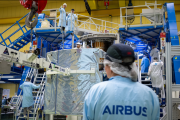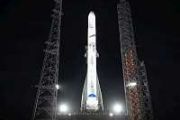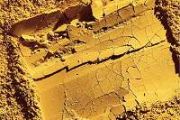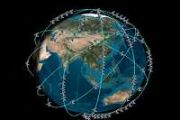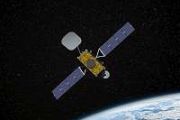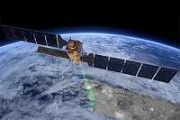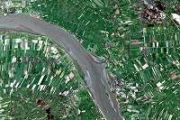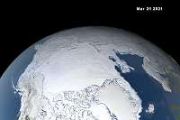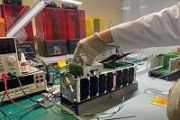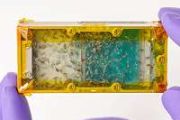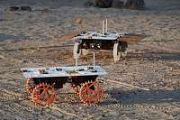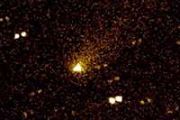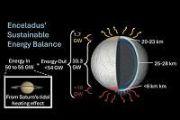
Copernical Team
Antarctic Peninsula glaciers on the run
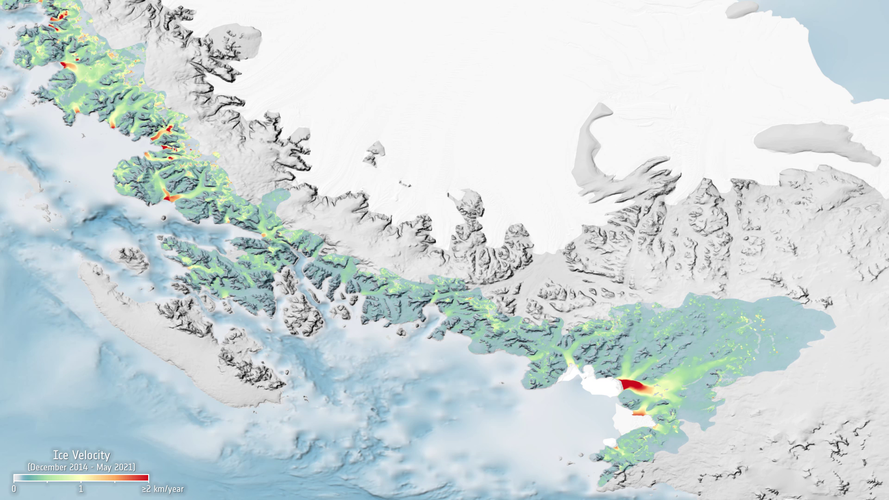
Like many places, the Antarctic Peninsula is falling victim to rising temperatures. However, when scientists used radar images from the Copernicus Sentinel-1 mission acquired between 2014 and 2021, they were taken aback to discover just how the fast 105 glaciers on the west coast are flowing in the summer months.
Young ESA payload destined for space
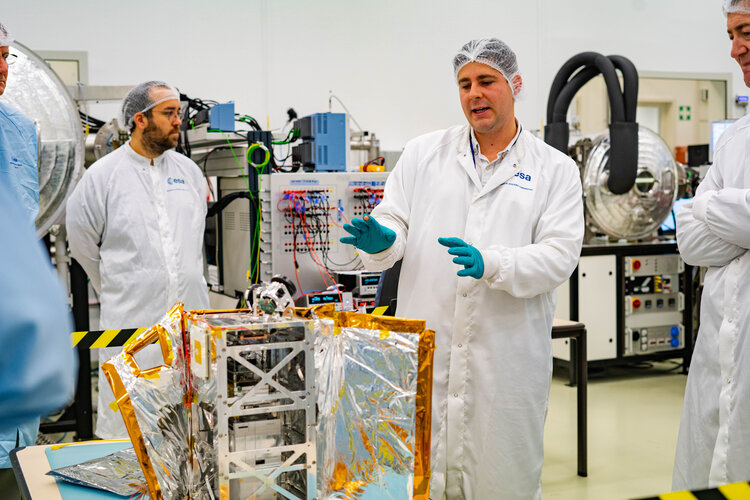
A young group of workers at ESA have come together to design a space payload of their own, with ESA technical experts contributing the technical assistance they needed. The result, Young Professional Satellite, YPSat – was presented to representatives of supporting departments at ESA’s ESTEC technical centre in the Netherlands.
ESA invites space firms to create lunar services
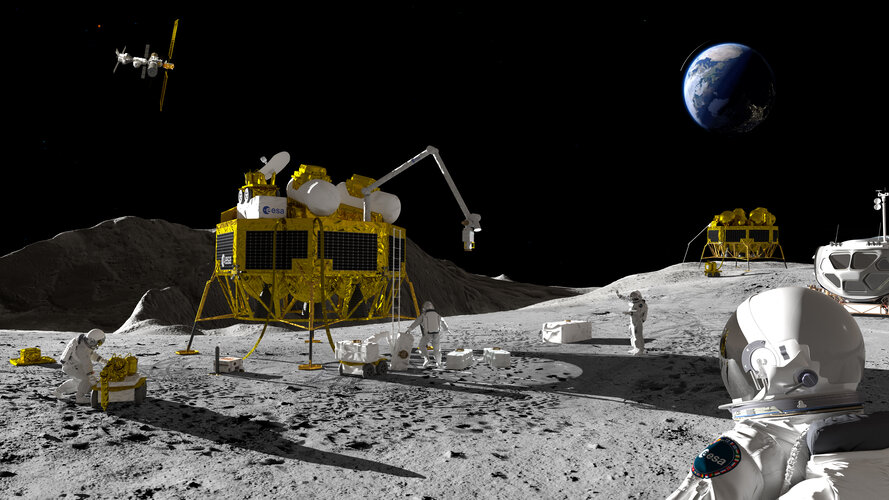
ESA is inviting private space companies in Europe and Canada to create a shared commercial telecommunication and navigation service for lunar missions by putting a constellation of satellites around the Moon.
BeetleSat deploys satellite expandable antenna in LEO orbit
 BeetleSat reports the successful deployment of its lightweight, very high data rate, expandable antenna in space. The in-orbit deployment of BeetleSat's 60 cm expandable antenna from a 6U CubeSat - an industry first - marks a significant milestone in the development of the BeetleSat constellation and proves the viability of its proprietary technology.
BeetleSat's large Ka-band parabolic hi
BeetleSat reports the successful deployment of its lightweight, very high data rate, expandable antenna in space. The in-orbit deployment of BeetleSat's 60 cm expandable antenna from a 6U CubeSat - an industry first - marks a significant milestone in the development of the BeetleSat constellation and proves the viability of its proprietary technology.
BeetleSat's large Ka-band parabolic hi Revolutionary Space Debris Removal Mission Advances to Next Phase
 Switzerland-based ClearSpace and its industrial partners have successfully passed their first major program review with the European Space Agency (ESA) for its ground-breaking mission to remove a large debris object from Earth orbit. With this milestone, ClearSpace has shown the ability to meet the technology requirements this mission demands.
In addition, ESA and the participating States
Switzerland-based ClearSpace and its industrial partners have successfully passed their first major program review with the European Space Agency (ESA) for its ground-breaking mission to remove a large debris object from Earth orbit. With this milestone, ClearSpace has shown the ability to meet the technology requirements this mission demands.
In addition, ESA and the participating States Look on the Bright Side of Earth
 When looking at the Earth from space, its hemispheres - northern and southern - appear equally bright. This is particularly unexpected because the Southern Hemisphere is mostly covered with dark oceans, whereas the Northern Hemisphere has a vast land area that is much brighter than these oceans. For years, the brightness symmetry between hemispheres remained a mystery.
In a new study, publ
When looking at the Earth from space, its hemispheres - northern and southern - appear equally bright. This is particularly unexpected because the Southern Hemisphere is mostly covered with dark oceans, whereas the Northern Hemisphere has a vast land area that is much brighter than these oceans. For years, the brightness symmetry between hemispheres remained a mystery.
In a new study, publ Capella Space announces Analytics Program to accelerate access to EO insights
 Capella Space, the world's leading provider of best quality, high resolution Synthetic Aperture Radar (SAR) imagery for a wide range of government and commercial applications, today announced the launch of its Analytics Partner Program to meet the increasing global demand for geospatial products and solutions that leverage the power of SAR. While many organizations can benefit from information d
Capella Space, the world's leading provider of best quality, high resolution Synthetic Aperture Radar (SAR) imagery for a wide range of government and commercial applications, today announced the launch of its Analytics Partner Program to meet the increasing global demand for geospatial products and solutions that leverage the power of SAR. While many organizations can benefit from information d Planet and ASU expand partnership to build global scale solutions for sustainability
 Planet Labs PBC (NYSE: PL), a leading provider of daily data and insights about Earth, today announced that they have solidified a Strategic Partnership with Arizona State University (ASU) to facilitate climate action through education and research, workforce development, and a science-first approach toward innovation.
Since 2016, Planet and ASU have collaborated on significant programs in
Planet Labs PBC (NYSE: PL), a leading provider of daily data and insights about Earth, today announced that they have solidified a Strategic Partnership with Arizona State University (ASU) to facilitate climate action through education and research, workforce development, and a science-first approach toward innovation.
Since 2016, Planet and ASU have collaborated on significant programs in Call opens for ESA's twelfth Earth Explorer
 Understanding Earth's delicate natural balance and how it is being altered by human activity is not only key to advancing science but also fundamental to acting on environmental issues, the climate crisis, and preparing for their societal impact. With their hallmark of demonstrating novel space technologies and returning scientific excellence, ESA's family of Earth observing Earth Explorer resea
Understanding Earth's delicate natural balance and how it is being altered by human activity is not only key to advancing science but also fundamental to acting on environmental issues, the climate crisis, and preparing for their societal impact. With their hallmark of demonstrating novel space technologies and returning scientific excellence, ESA's family of Earth observing Earth Explorer resea Satellite successfully monitors power plant CO2 emissions from space
 The CO2 emissions from coal-fired power plants are a major source of carbon emissions in China. However, the existing emission inventory does not accurately reflect current emissions because of a lag in the statistical data and the accuracy limit for emissions factor.
A research team led by Dr. SHI Yusheng from the Aerospace Information Research Institute (AIR) of the Chinese Academy of Sc
The CO2 emissions from coal-fired power plants are a major source of carbon emissions in China. However, the existing emission inventory does not accurately reflect current emissions because of a lag in the statistical data and the accuracy limit for emissions factor.
A research team led by Dr. SHI Yusheng from the Aerospace Information Research Institute (AIR) of the Chinese Academy of Sc 



